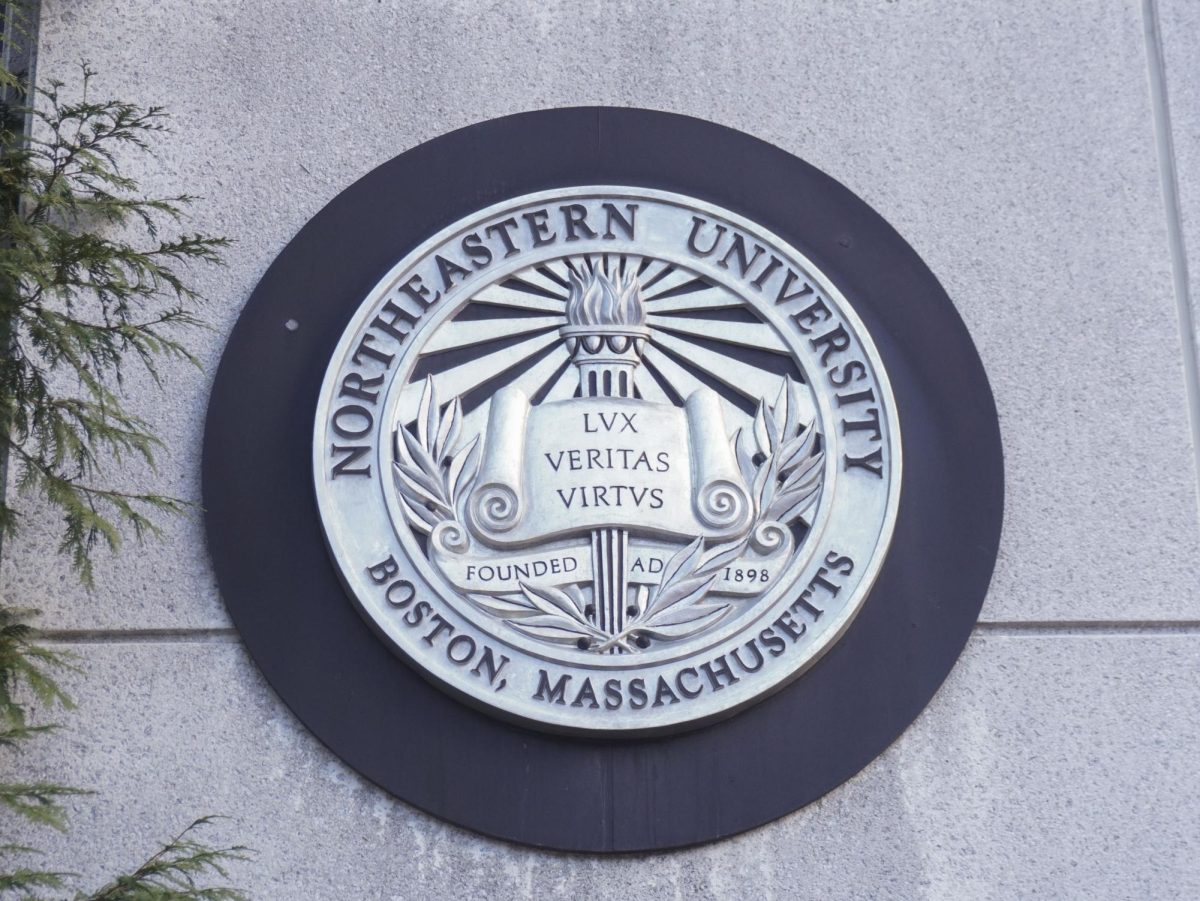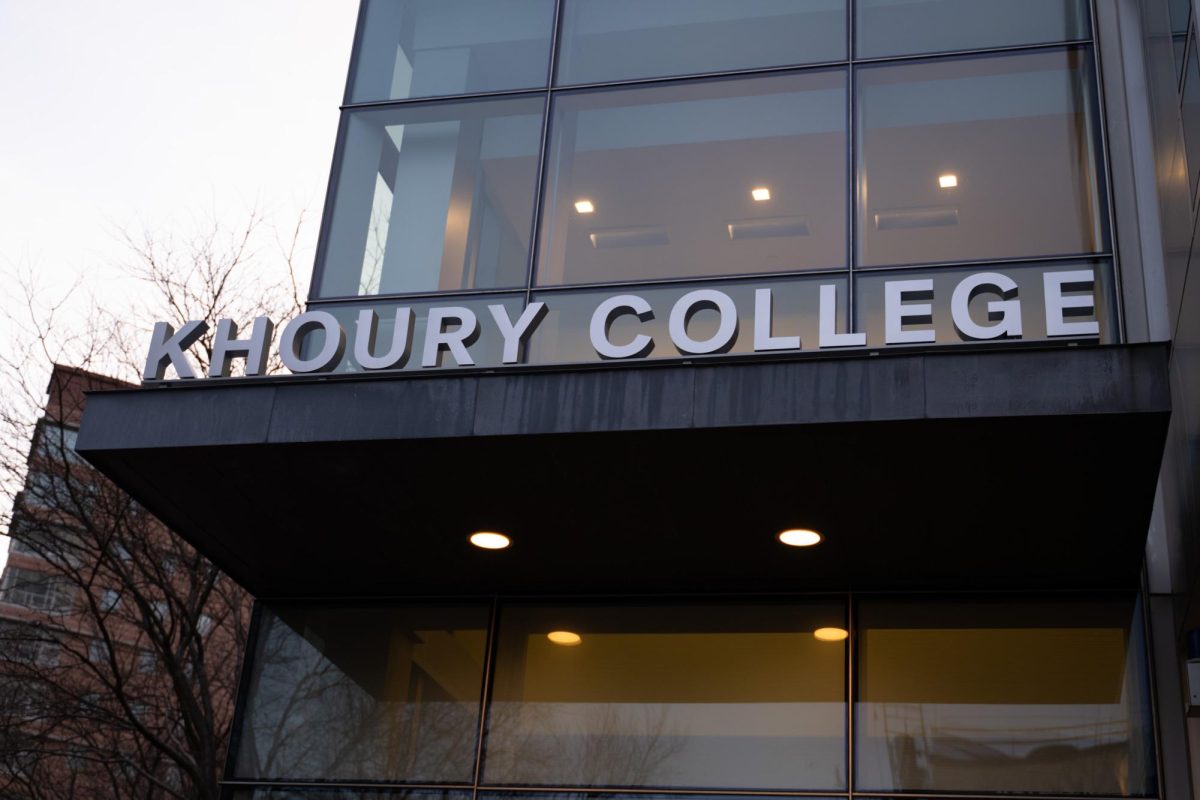By Stephanie Vosk
The debate goes on.
Merriam-Webster’s Collegiate Dictionary defines reparation as the act of making amends, offering expiation, or giving satisfaction for a wrong or injury.
The Ford Hall Forum visited the issue of slavery reparations last Thursday in its continuing series of lectures and debates.
“The issue of slavery reparations is the culmination of a 500-year ordeal that began with the slave trade; the effects of which are still felt today,” said Minister Malik Al-Arkam, an advocate of the policy for a decade. “There are things going on inside the United Nations that effect the United States of America, that effect African Americans, but [they are] never mentioned on CBS, ABC, NBC.”
“Yes, it [reparations] is for slavery, but it is also for subsequent forms of discrimination along racial lines,” said Associate Professor of African American Studies and History, Robert L. Hall.
Massachusetts Institute of Technology Political Science Professor Melissa Nobles said slavery was the basis for the southern states’ economy, and it is now time for the money to be returned to the descendants of the slaves and their communities.
Nobles said the times of slavery were “the creation of a racial discourse that frames what it means to be a black American.”
She went on to say that, though no amount of money could make up for the pain felt by the African American slaves, “reparations, in the end, have been judged to be more beneficial than not.”
Boston University Economics Professor Glenn Loury worried about the cost reparations would have on the African Americans’ long-term political agenda. He said poverty rates would still be high and jails would still be overflowing, given that no amount of money could be large enough to make a country-wide impact.
Although he may not agree with reparations, Loury is compassionate.
“I have a great deal of sympathy for the sense of incompleteness here,” Professor Loury said.
He said the long-term damages that have been reaped are not going to be fixed by a quid pro quo transfer of funds. In comparison to reparations paid by Germany after the Holocaust and other such cases, “there is something exceptional about the black experience,” Loury said. “A dollar figure cannot heal all wounds.”
“This is a gaping and open wound for us and it can’t be summed up with money,” Loury said.
The two debaters agreed that putting the money into schools or scholarship programs would accommodate both sides of the spectrum.
“If we had had a different history, we likely would have had a different present,” Nobles said.









